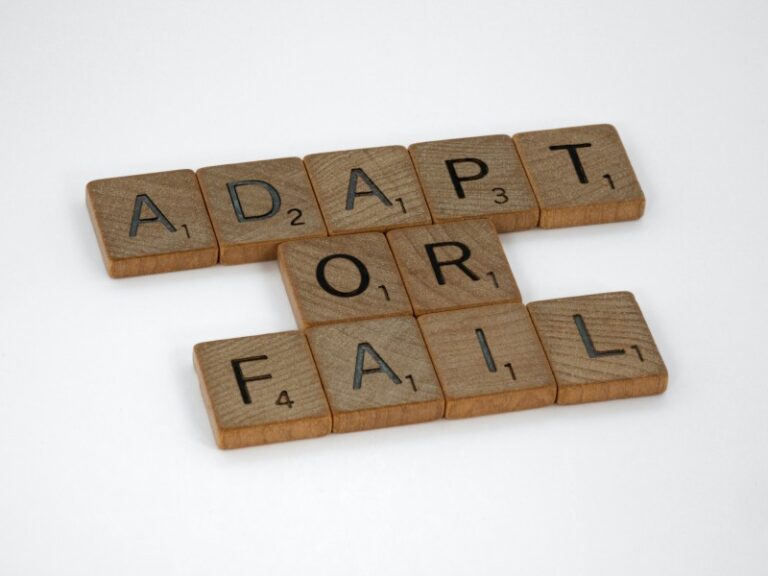Do projects need a manager? The answer is yes! Yes, they do! Managers are responsible for day-to-day operations and keeping the lights on functions (KTLO) of a team or department. The project manager is responsible for overseeing and managing all aspects of a project, from planning and execution to monitoring and controlling, to ensure that the project is completed on time, within budget, and to the required quality standards. Ultimately, the project manager is the central point of accountability for the success of the project and the “one throat to choke” if anything goes wrong.
Without a project manager, projects can become chaotic and disorganized, leading to missed milestones, cost overruns, and poor-quality outcomes. A project manager provides the necessary structure to keep the project on track, ensuring that it meets its objectives, and meets or exceeds stakeholder expectations. In addition, a project manager helps to manage risk by identifying potential problems and implementing strategies to mitigate them. We also facilitate communication between team members and stakeholders, ensuring that everyone is informed and working collaboratively towards the project’s success.
It is quite common in my experience for project team members to be assigned to more than one project at the same time. This can make it difficult for them to manage their time effectively and prioritize tasks. Team members may also have operational responsibilities, such as maintaining existing systems or processes. These competing demands on their time and attention can make it challenging for them to stay on task and meet project deadlines.
This is where good project managers play a critical role. We help team members to juggle their responsibilities, providing guidance and support to ensure that they stay focused on their project tasks. We work closely with them and their functional managers to identify potential roadblocks or obstacles and develop strategies to overcome them. We also help to keep team members accountable, following up with them to ensure that tasks are completed on time and to the desired quality standards.
Let’s step back for a moment and examine the terms project and project management. Merriam-Webster defines a project as “a planned undertaking, encompassing a specific plan, design, scheme, or an important task or job.” According to PMI, a project is a temporary endeavor that aims to create a unique product, service, or result. Peter Taylor, author, and consultant, describes a project as “a distinct journey, rather than a typical routine.” Quite simply, I would describe a project as something you plan to do within a specified time and then you work hard to make it happen.
Project management is the process of planning, organizing, and executing a project from start to finish. It involves setting goals, defining tasks, allocating resources, and monitoring progress. I would define project management as my way of answering the fundamental questions of who, what, when, where, why, and how of a project. Project management is not just about completing tasks but also about managing the people involved in the project. In the words of management consultant Peter Drucker, “Management is doing things right; leadership is doing the right things.” Effective project management requires both management and leadership skills.
Managing projects is exciting but requires a diverse set of technical and interpersonal skills. A project manager’s job involves a range of tasks and responsibilities that demand effective communication, leadership, problem-solving, and time-management skills to ensure the project is completed successfully. A typical day as a project manager may include:
- Developing project management documents and templates, such as project charters, status reports, and meeting agendas.
- Facilitating meetings with the project team to discuss progress and address any issues or roadblocks.
- Communicating with stakeholders and clients to provide updates on the project’s status.
- Reviewing project documentation, such as project plans, schedules, and budgets.
- Managing project risks and identifying potential issues before they become major problems.
- Updating project schedules to ensure that deadlines are met.
- Managing project resources, including staff, equipment, and materials.
- Tracking project expenses and ensuring that the project stays within budget.
- Controlling project scope to limit scope creep and manage stakeholder expectations.
- Monitoring project quality and ensuring that deliverables meet the required standards.
- Facilitating collaboration between team members and stakeholders.
- Developing and implementing project management processes and procedures.
- Following up on action items and ensuring that tasks are completed on time.
- Escalating issues to senior management or stakeholders, as necessary.
- Coaching and mentoring team members.
As a project manager, we are also responsible for managing vendor engagement. This includes managing the vendor Statement of Work (SOW) for the project, which outlines the specific tasks, deliverables, and timelines required for the project’s successful completion. We work closely with leadership, the project team, and stakeholders to ensure that the SOW is comprehensive and accurately reflects the project’s objectives. Additionally, we are responsible for managing the external resources allocated to the project, including personnel, equipment, and materials.
As project managers, we are responsible for driving the project towards positive outcomes. We provide the leadership, guidance, and support needed to ensure that the project team are working together towards a common goal. Good project managers are engaged and active participants in the process, not just mere spectators. Our ability to inspire and motivate team members, manage risks, and solve problems is critical to achieving project success. Do projects need a manager? Yes, they do!



